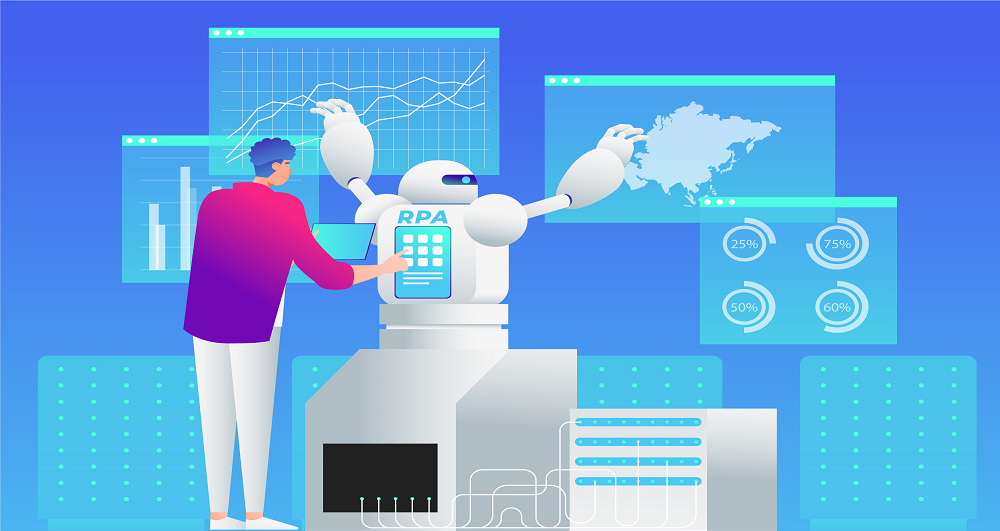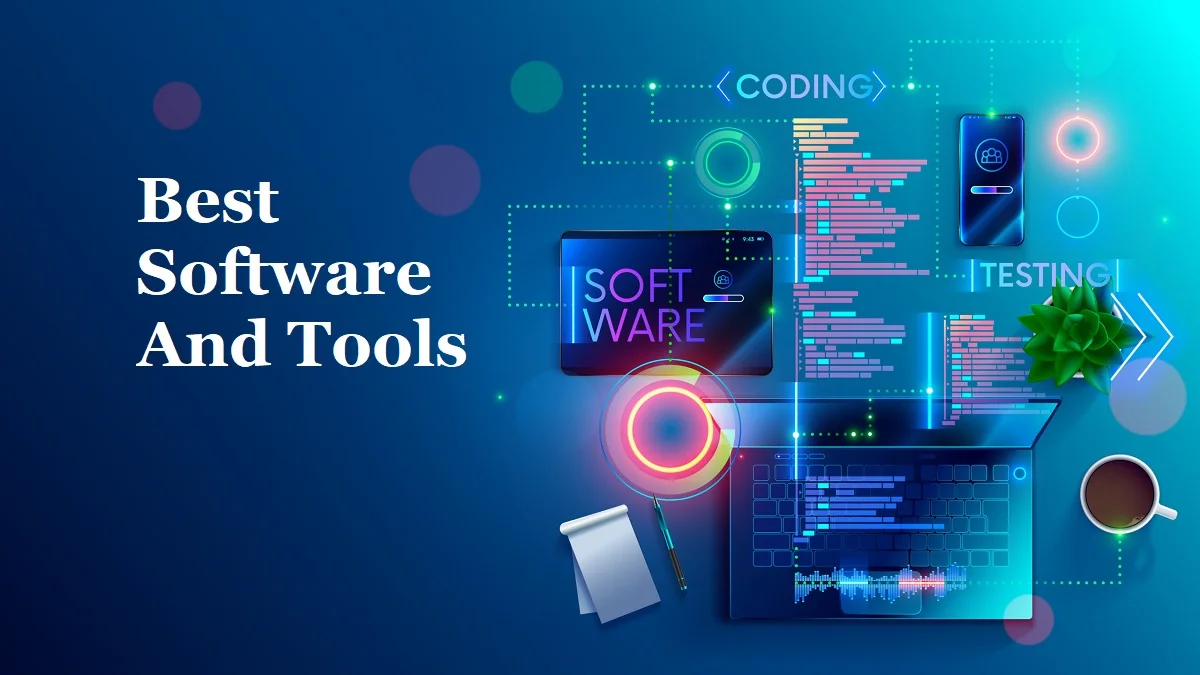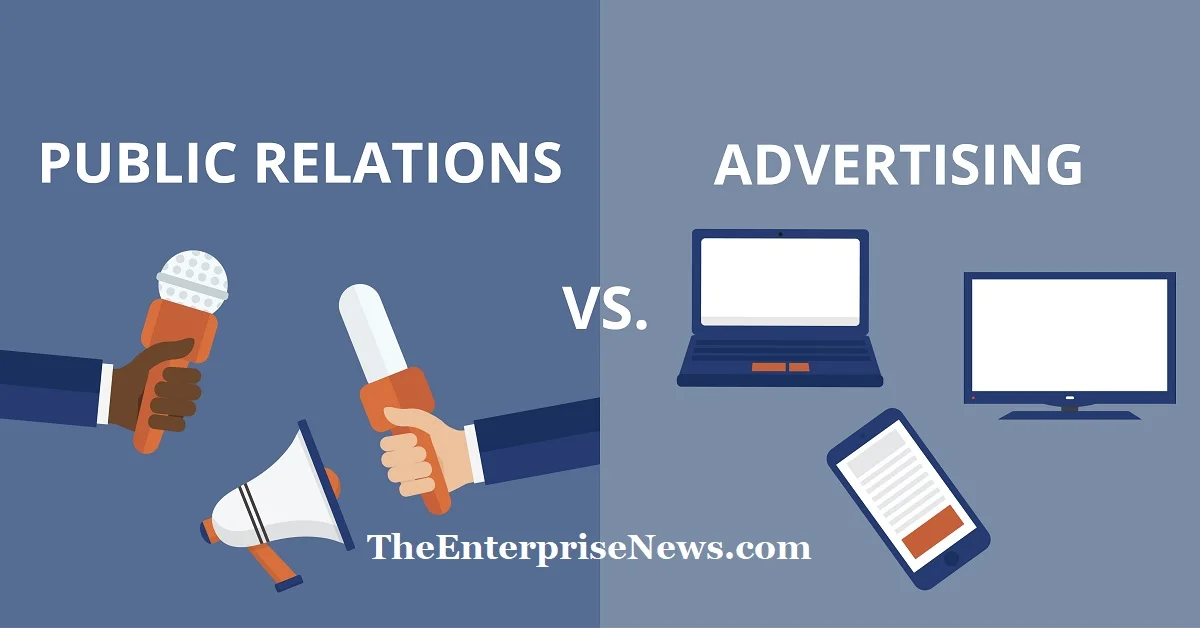Commodity price forecasting has long been a crucial undertaking for organizations whose operations depend on raw resources. How precise these forecasts are can have a significant impact on an organization’s revenue, perceived risk, and capacity of making informed decisions. The advancement of artificial intelligence (AI) and machine learning technologies has improved commodity price forecasting, enabling businesses to lower risks and make more informed decisions.
Businesses may reduce risk and make better decisions when forecasting commodities with the aid of artificial intelligence (AI) & machine learning (ML). Large volumes of data are collected, analyzed, and acted upon by AI and ML systems, which subsequently take intelligent action. AI has been able to spot trends in price variations by examining past data on commodity pricing and using statistical models. This has helped businesses decide when and where to place orders for commodities from suppliers. Businesses may improve operations and better fulfill client demand with the aid of this data-driven forecasting.
AI/ML used for commodity price forecasting
Commodity price forecasting uses AI/ML to analyze past and real-time data to recognize trends and patterns that can be used to predict future commodity prices. Some AI/ML applications for commodities price forecasting include the ones listed below:
- Data gathering and processing
AI/ML algorithms can collect and interpret a lot of data from various sources, such as financial news, weather reports, and social media, to offer a holistic picture of the market.
- Modeling that Predicts
Using current and historical data, machine learning algorithms assist in the construction of predictive models that calculate commodity prices in the future. By altering these algorithms, we can account for developments in the marketplace or other possible effects on commodity pricing.
- Risk assessment
Companies can use AI/ML to analyze the risk associated with buying a certain commodity. They can use this methodology to determine the probability of a decline in commodity prices and take necessary mitigating actions.
- Sentiment analysis
AI/ML might look at social media posts and news stories to determine how the public generally feels about a certain product or service. Traders can utilize this study to comprehend the viewpoints of market participants on the commodities and potential future price adjustments.
- Optimization
By using forecasting analytics, AI/ML can decide when it is optimal to buy and sell commodities, reducing the likelihood that a mistake will be made.
Advantages of commodities price forecasting based on AI/ML:
· Risk Mitigation
One of the key advantages of AI/ML-based commodities price forecasting is its capacity for risk mitigation. Many variables, including supply and demand, the environment, geopolitical events, and others, affect the price of commodities. Businesses can reduce the risk of losses by using accurate forecasting to better understand these issues and modify their tactics. Moreover, organizations can get significant insight into market situations with AI/ML-based forecasting, allowing them to react to changing conditions swiftly.
· Enhancing Decision-Making
Enhancing Decision-Making: Businesses may make better decisions about whether to buy or sell commodities by giving them precise and up-to-the-minute market knowledge. This can aid companies in maximizing gains and reducing losses. Moreover, AI/ML-based forecasting can give companies an edge over rivals by enabling them to take quicker and more precise decisions.
· Cost Savings
Commodity price forecasting powered by AI/ML can potentially result in cost reductions. By enabling them to more accurately predict demand and change their output in response, accurate forecasting may assist firms to streamline their processes and cut waste. Also, organizations can save resources that would have been spent on policy or other ways to mitigate risk by lowering the likelihood of losses.
Best practices for commodity price forecasting with AI/ML
· Selecting the appropriate data and models
Choosing the appropriate data and models is one of the most crucial aspects of AI/ML-based commodities price forecasting. Guarantee the accuracy, relevance, and timeliness of the data used in the forecast model. Additionally, ensure that the models are suitable for the particular commodity being projected and can consider any pertinent market conditions. It could be important to employ many models, keep track of their progress, and modify them as needed as market circumstances shift to assure accuracy and dependability.
· Working together with Subject Matter Experts
These can include statisticians, economists, and other specialists with an in-depth understanding of the commodities market. Businesses may recognize possible threats and opportunities, obtain a full grasp of economic conditions, and create more precise forecasting models by collaborating with professionals.
· Providing accountability and transparency
Moreover, it is crucial to guarantee accountability and openness in the estimation methods. As well as making sure stakeholders are aware of the predicting approach and data sources, this calls for making the prediction accountable and subject to criticism. Also, companies should constantly check and assess the reliability and accuracy of their forecasting systems.
The Use of AI/ ML to Predict Commodity Prices in the Future
The use of AI/ ML to forecast commodities prices has a bright future. AI/ ML algorithms will grow progressively more sophisticated and potent as technology advances. This will make it possible for investors and traders to estimate commodity prices more precisely, which will result in more lucrative investments.
The prediction for short-term price changes is one area where AI/ ML is already making substantial progress. These algorithms are capable of analyzing real-time data and giving traders the most recent price forecasts. This enables traders to make prompt judgments and profit from swift price changes.
Experts anticipate that AI/ML will have a substantial impact on forecasting long-term trends. AI/ ML algorithms can give traders and investors insights into long-term price fluctuations by examining previous data and market trends. This will facilitate them to make better choices about long-term investments.
Conclusion:
Commodity price forecasting powered by AI and ML has emerged as a key tool for organizations to reduce risk and enhance decision-making. Going ahead, the potential of AI/ML-based commodities price forecasting is hopeful as businesses grow more skilled at leveraging it to make educated decisions and technology continues to advance. Pricevision is here to get you started with the powerful AI/ML based commodity price forecasting.




